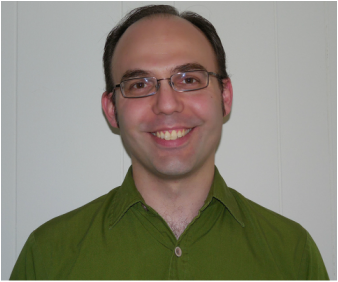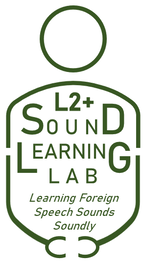Professional Data
|
|
About Me
Personal History
|
Thanks to the U.S. Navy, I was born in Bermuda and lived in Rhode Island and Alaska's Aleutian Islands before spending most of my childhood in Washington's Puget Sound area. I grew up frequently hiking and camping in the Olympic and Cascade mountains. The summer after graduating high school, I visited Germany for the first time with a GAPP program in Tuttlingen, Baden-Württemberg. My college years were spent mostly in Seattle, except for a year studying abroad in Freiburg, also in Baden-Württemberg. I spent several years in Seattle after graduation, and then moved to Bloomington, Indiana for graduate school. Since then, I have spent time abroad in Reykjavik, Iceland as well as Krefeld, Nordrhein-Westfalen and Stuttgart, Baden-Württemberg. My family and I returned to mountain views and wilderness hikes when we moved to Calgary, Alberta in 2019. This summer, we road-tripped the Trans-Canada Highway from Banff to Niagara Falls on our way to our new adventures between the Appalachians and the Atlantic shore around Chesapeake Bay in Maryland.
|
Education
|
I graduated from the University of Washington in Seattle after earning a B.A. in Linguistics with a minor in Music and a B.A. in German Language & Literature with a History minor. After several years out in the work force, I returned to school and earned my M.A. in Germanic Studies at Indiana University, all the while planning to pursue further training in Second Language Studies once the emerging department at IU was ready to take on applicants. At IU, I received interdisciplinary training in historical linguistics, phonological theory, second language acquisition in general, and psycholinguistic experimental approaches to L2 phonology specifically. I received my Ph.D. from the Department of Second Language Studies in May 2019, with outside minors in Linguistics and Germanic Studies.
|
Languages |
Native: American English
Fluent Near-Native: German Modern (some education): Turkish, Uzbek, Norwegian, Dutch, Icelandic Historical: Old Norse, Old High German, Old Saxon, Gothic, Middle High German |
Research Interests
|
As a researcher of second-language (L2) phonology, I try to consider both the abstract arrangement of language sounds (general phonology) and specific problems of learnability when adults encounter new patterns in L2 (L2 phonology and orthography). This approach embraces the fundamental concerns of phonetics (study of the structure of language sounds), empirical methods employed to test hypotheses, theoretical and empirical principles of category perception, and the role of position-sensitivity in acquisition and the nature of orthographic and non-linear phonological/phonotactic representations.
More broadly, my linguistics background emphasizes phonology, including historical Germanic linguistics, synchronic phonology (including Optimality Theory), L2 lexical acquisition, and some exploration of Chinese tone sandhi systems.
|
Related Experience
|
Editorial Assistant, Studies in Second Language Acquisition, 2013-2014.
|
Selected Media Coverage |
Keene, J. (2022, February 28). Archive 81 language [Radio broadcast]. CBC.
U Calgary [@UCalgary]. (2022, February 14). When Netflix needed a new constructed language or "conlang" for a cult of witches in Archive 81, they called #UCalgary [Tweet; Video attached; hyperlink to article] [Tweet]. Twitter. Molyneux, J. (2022, February 14). When Netflix needed a new language for a cult of witches in Archive 81, they called John Scott. UToday. Redmond, A. (2021, October 5). German instructor works with students to produce open-educational resources that make learning tough languages easier. Klingt aufregend! UToday. Nolan, B. (2014, December 17). Na’vi, Klingon and Newspeak: IUB doctoral student to teach class on constructed languages. Inside IU. (archived copy) |


